Hebrew has long been the language of the Jewish people. Spoken in biblical times, Hebrew was largely abandoned in favor of other vernaculars after the sixth century AD. For centuries, Hebrew was primarily used for prayer and Jewish religious scholarship. Today, Hebrew is a living, spoken language. Revived in the 19th century, it became the main language of the State of Israel. Hebrew is now spoken by over 9 million people around the world. After Israel, the United States has the second-largest Hebrew-speaking population. Hebrew helps bring Jewish people from all over the world together.
In addition to its appeal to Jews, Hebrew, being the language of the bible, is relevant to believers of other religions. Those who wish to read the bible in its original form, as well as those who wish to study it for its literary and historical value, will find studying Hebrew very useful. A knowledge of Hebrew is a primary tool for scholars interested in theology, and some linguistics too.
The college of Charleston currently offers four levels of Hebrew, from the 101 to the 202 level over the course of two years. Students who wish to study Hebrew as their College language requirement need to successfully complete level 202 or pass a placement test (more on that below).
The Jewish Studies Program will offer 301 and 302 levels (third-year Hebrew) based on demand.
Completion of the four courses (101-202) will enable you to recognize the fundamental structures of Hebrew and its basic forms, and to acquire the necessary vocabulary for everyday conversations, reading, and writing on a limited scale.
- Comprehension: Listening to short stories and recorded conversations
- Conversation: Simple dialogues and stories from everyday life
- Reading: Easy dialogues and passages without vowels; headlines and simple, short texts in easy Hebrew
- Writing: Short dialogues and passages on the topics taught in class
- Grammatical skills: Elementary syntactic and grammatical structures, inflection of the strong verb in the past and present tenses; frequent weak verbs
All levels include exercises in speaking, hearing, reading, and writing. Students will speak in Hebrew to each other in class as well as work in pairs and groups. Students will use a workbook and a textbook, and read additional texts, listen to songs and audio clips, and watch videos in Hebrew. Once a semester, we will watch a movie in Hebrew (with English subtitles).
Placement and Level exam
Level exam
If you feel your Hebrew exceeds the 101 level and wish to register for a higher level, you must schedule a placement test to determine your level. The test includes reading comprehension, writing, listening, and speaking.
Please note that currently 101 and 201 are only offered in the fall, and 102 and 202 are only offered in the spring. Please make sure to take the exam as soon as possible, preferably as soon as your first semester of freshman year. Failure to do so may result in having to wait a whole year to take the level of Hebrew appropriate for you.
Exemption from taking Hebrew
If you feel your Hebrew is at the highest level and you should be exempted from Hebrew courses, you must also take a level exam. If you are exempt from Hebrew, you are still expected to take the equivalent number of credits in other electives. You may want to consider taking Hebrew level 301 and 302 if it is offered.
For both exams and all questions about Hebrew instruction at the College of Charleston, please contact Professor Noa Weinberg at weinbergn@cofc.edu.
Acquiring fluency in Hebrew, as in any other language, requires further study beyond the first two years. There are many opportunities to further your study of Hebrew, including at universities in Israel. For more information, contact Program Director Dr. Yaron Ayalon.
